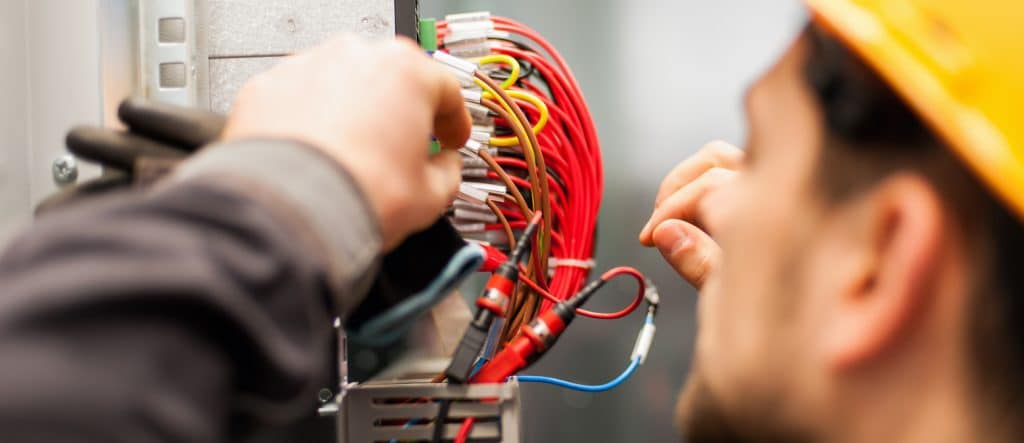Electrical panels, often referred to as breaker boxes or distribution boards, are the heart of your home’s electrical system. They play a crucial role in distributing and controlling the flow of electricity to various circuits throughout your house. Understanding the basics of electrical panels is essential for every homeowner to ensure safety, efficiency, and proper maintenance of their electrical system. In this blog post, we’ll cover some essential facts about electrical panels that every homeowner should know.
1. Function and Importance of Electrical Panels
An electrical panel is a central hub that receives power from the utility company and distributes it to different circuits in your home. It houses circuit breakers or fuses, which act as protective devices, preventing overloads and short circuits. Proper distribution and protection are vital to prevent electrical hazards, fires, and damage to appliances.
2. Types of Electrical Panels
There are primarily two types of electrical panels: fuse boxes and circuit breaker panels. Fuse boxes use fuses to protect circuits, while circuit breaker panels use circuit breakers that can be reset after tripping. Modern circuit breaker panels are safer, more convenient, and offer better protection compared to traditional fuse boxes.
3. Main Breaker and Subpanels
The main breaker in your electrical panel controls the entire flow of electricity to your home. Subpanels, on the other hand, are additional panels connected to the main panel, often installed in garages, basements, or outbuildings. Subpanels help to distribute power to specific areas or appliances, reducing the load on the main panel.
4. Understanding Circuit Breakers
Circuit breakers are designed to trip and shut off power when a circuit is overloaded or a short circuit occurs. They come in different sizes (measured in amps) to match the capacity of the circuits they protect. It’s essential to know which breakers correspond to which parts of your house so that you can safely reset them if they trip.
5. Calculating Load and Panel Capacity
Each electrical panel has a maximum capacity it can handle, measured in amps. Understanding your home’s total electrical load is crucial to prevent overloading the panel, which can lead to safety hazards. Hiring a licensed electrician to assess your load and panel capacity can help you to avoid potential problems.
6. Upgrading an Electrical Panel
If you’re renovating your house, adding new appliances, or experiencing frequent tripping of breakers, it might be time to consider upgrading your electrical panel. Modern panels with higher capacities can accommodate increased electrical demands and improve the overall safety of your home’s electrical system.
7. Regular Maintenance and Safety
Electrical panels require occasional maintenance to ensure their proper functioning. Keep the area around the panel clear and free of clutter, and ensure proper labeling of breakers for easy identification. It’s also advisable to schedule periodic inspections by a qualified electrician to detect any issues early and address them promptly.
8. Signs of Electrical Panel Issues
Being aware of potential problems can help you to address them before they become major safety concerns. Look out for warning signs such as flickering lights, buzzing sounds from the panel, warm spots, burning odors, or frequently tripping breakers. Ignoring these signs could lead to electrical hazards or even fires.
Get Your Panel Inspected Today!
For professional assistance in upgrading, inspecting, or addressing any electrical panel concerns, trust the professionals. Contact Rush Electric for electrical panel services in Memphis, TN today!


